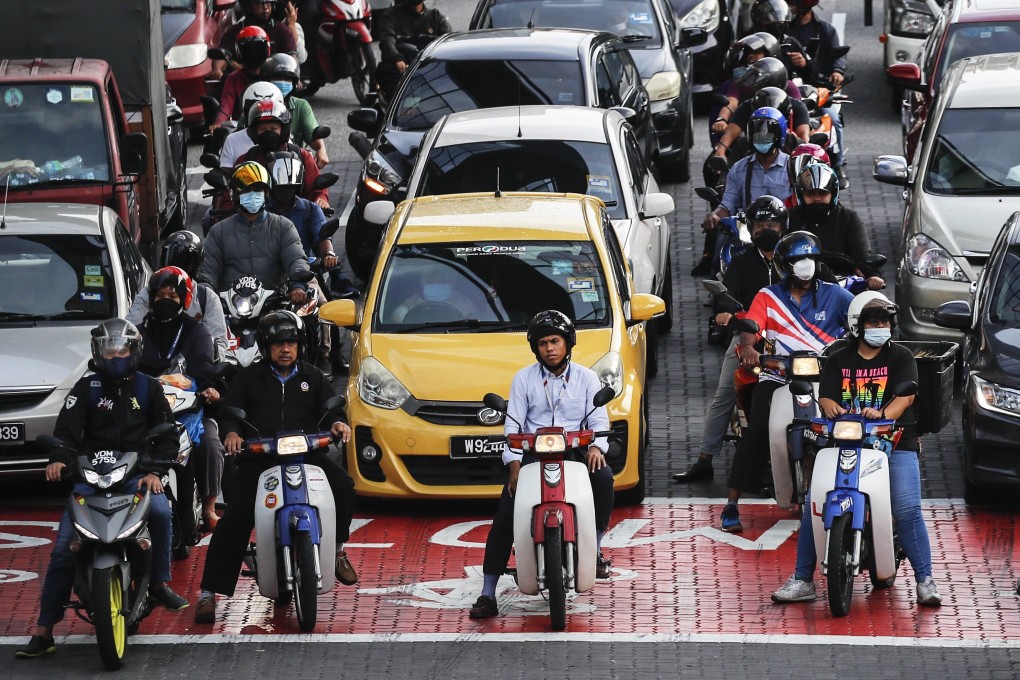Malaysians question Muhyiddin’s plan to reopen borders amid Omicron surge
- National Recovery Council head’s recommendation to fully reopen to international tourists by March raises eyebrows just a day after minister warned of a surge in infections
- Some experts warn the move prioritises the economy over public health, while sceptical members of the public suggest a political motive

Mixed signals from the Malaysian government over its plans to reopen borders and minimise restrictions amid an increase in Omicron cases has led the public and some experts to question whether it is prioritising the economy over public health.
“To open selectively, Omicron is now all over the world, so we can’t pick and choose [which countries to open up to],” said Muhyiddin, who added that the sentiment was shared by Khairy Jamaluddin, the health minister who a day earlier had warned of a surge in cases.
The NRC’s recommendation, which must be approved by Ismail Sabri’s Cabinet, was based on the country’s high vaccination rate, Muhyiddin said. Some 98 per cent of adults in the country of 33 million people have thus far received at least two doses of a vaccine, while 53 per cent have received an additional booster.
Muhyiddin also waved off suggestions of a reimposition of blanket lockdowns if the Omicron surge worsened, saying doing so would severely hurt the economy.